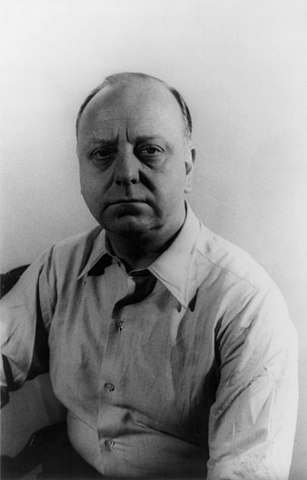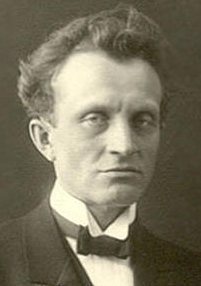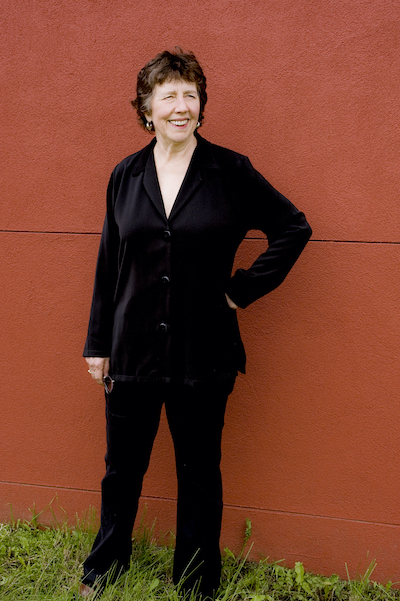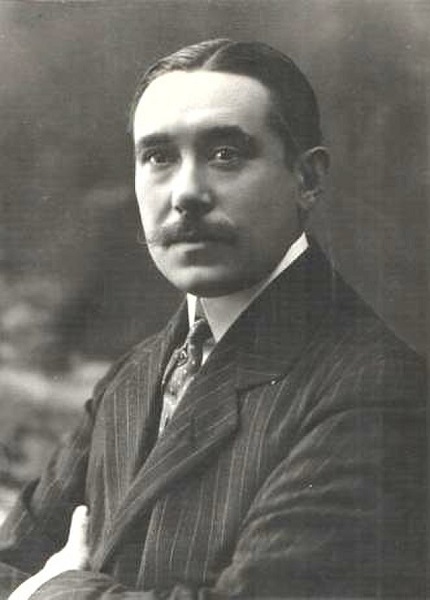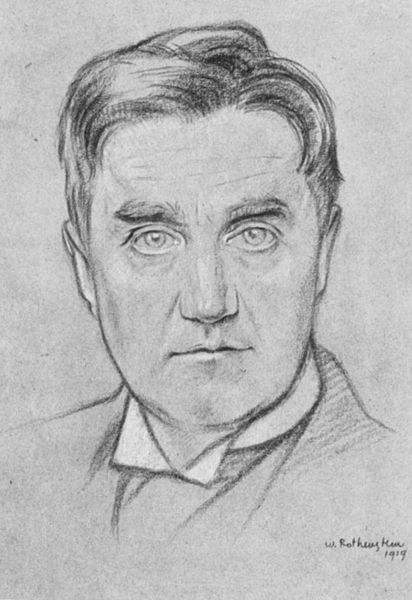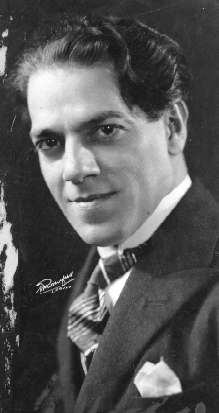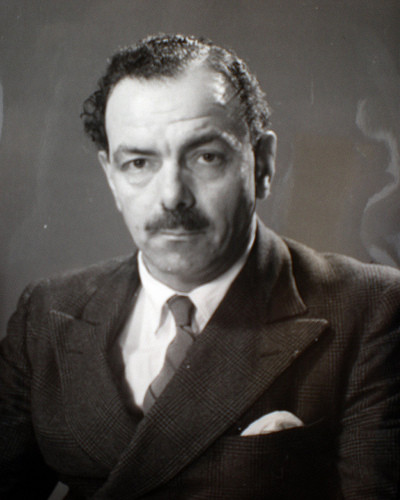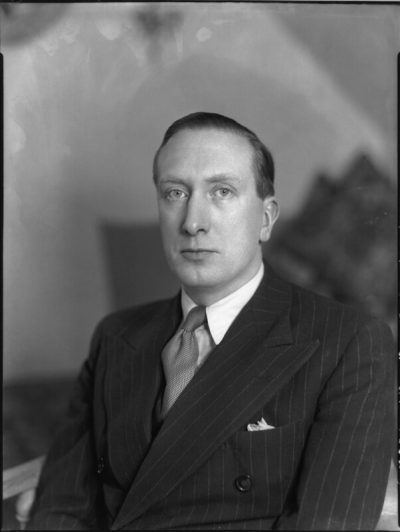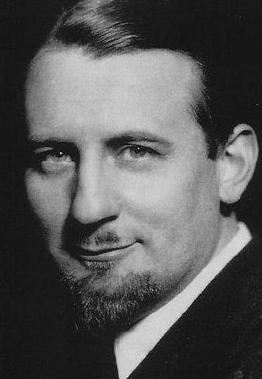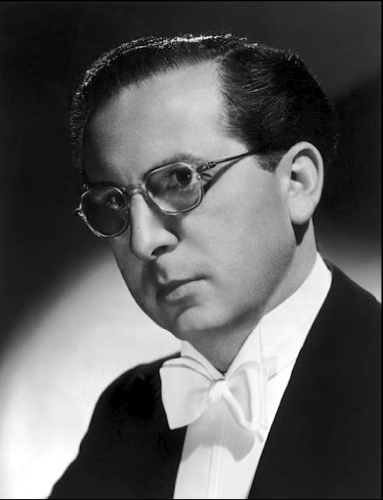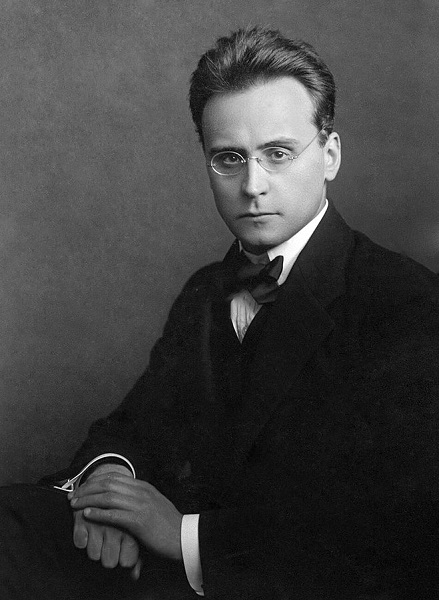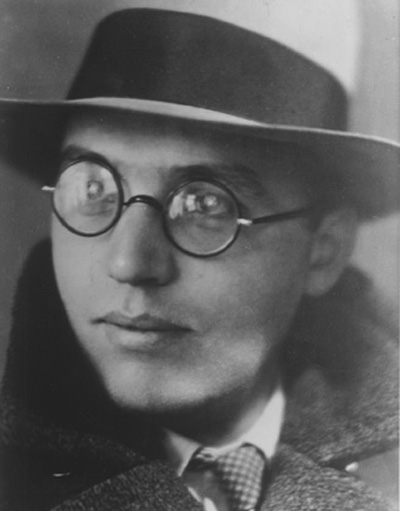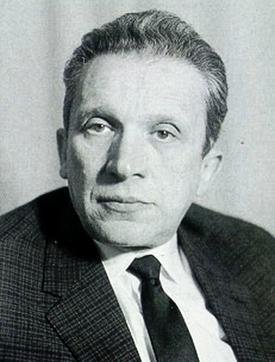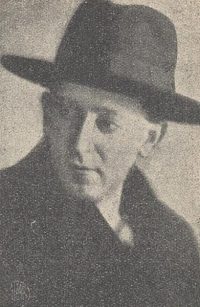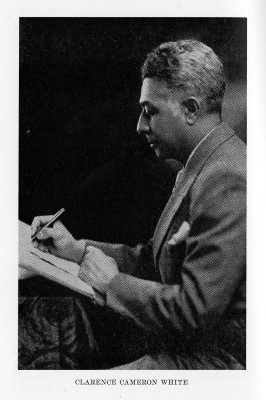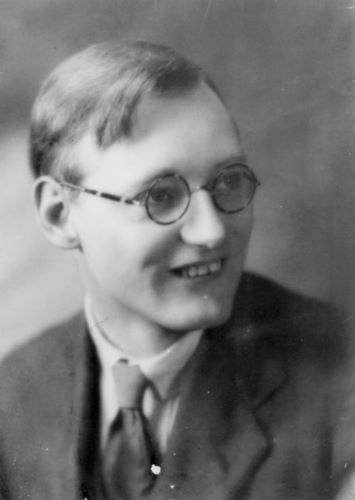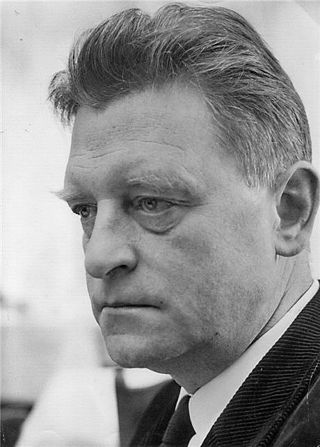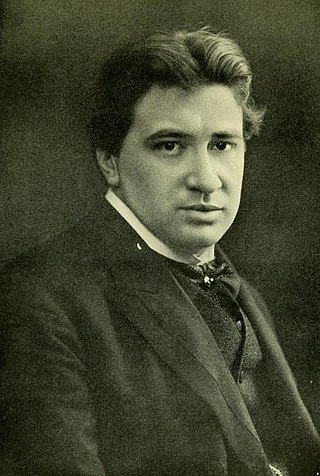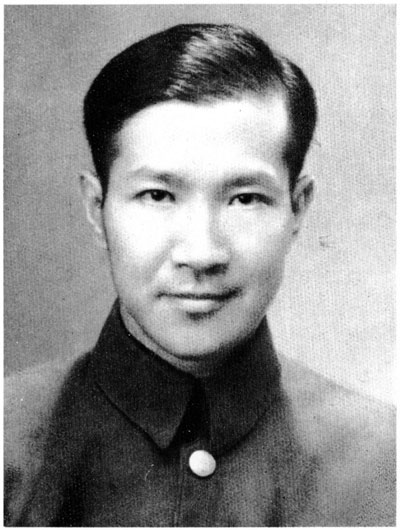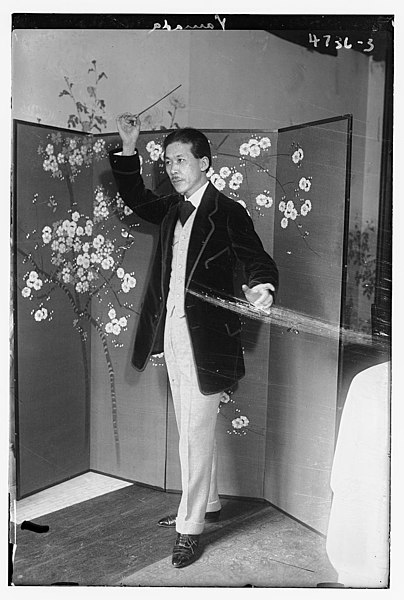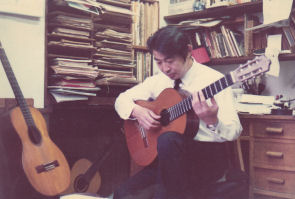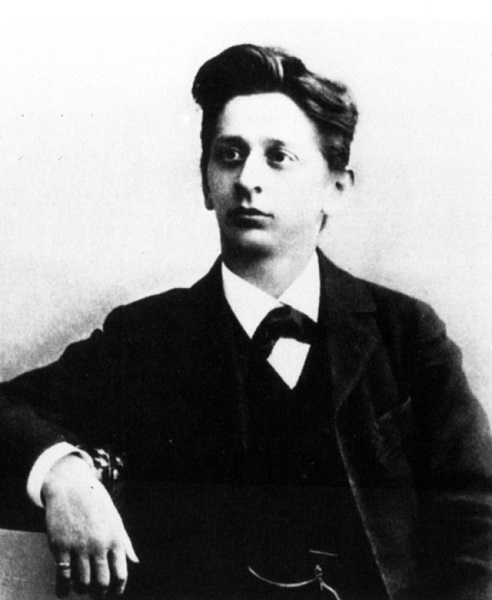Born in Warsaw, Dec 8, 1919
Died in Moscow, Feb 2, 1996
Pronunciation
IPA:[mjɛtʃiswɑv vaɪnbɛrg]
Phonetic: MYEH-chee-swav VINE-berg
Pronunciation via Forvo
Alternate Names
There are various versions of this composer’s name in use. Because he was born in Poland and worked in Russia, his name has been transliterated in several ways. Additionally, when he arrived in Russia as a refugee from Poland, a Russian border guard decided to rename him Moishe (a stereotypically Jewish name) instead of Mieczysław.1
If you’re having trouble finding him in search engines, also try these spellings/versions:
Moisey Samuilovich Vaynberg (Oxford Music Online uses this one)
Moishe Vainberg
Mojsze Wajnberg
His wikipedia article also has the Hebrew and Cyrillic versions if you’re interested.
Biography
- Weinberg was a Polish-born Jewish composer who spent most of his career in Russia.2
- Weinberg fled Warsaw in 1939 upon the Nazi invasion of Poland and ended up in Minsk. Tragically, the family he left behind ultimately perished in a Nazi concentration camp.
- Weinberg was a huge admirer of Shostakovich and his music, and the older composer ended up playing a pivotal role in Weinberg’s entry into Russia in 1943 (where he would spend the rest of his life).
- Weinberg sent Shostakovich the score for his First Symphony (1942), and the latter was so impressed that he urged Soviet officials to permit Weinberg to emigrate to Moscow. The two composers became close friends thereafter.
- Weinberg’s music written in the 1940s is characterized by an abrasive neo-classical style, while his works post-war were more simplified (as many composers were inclined to do in light of the political climate) and drew on folk idioms from his Jewish heritage.
- Weinberg was affected by the growing Anti-Semitism under Stalin and was even imprisoned in 1953 under trumped-up charges for “promoting bourgeois Jewish nationalism.” Thanks to Stalin’s conveniently timed death and the intervention of his friend, Shostakovich, Weinberg was eventually released.
- While Weinberg was an extremely prolific composer, his music was relatively unknown outside of Russia until the fall of the Berlin Wall.3
Scholarly website/database on Weinberg
Sources
- Richard Taruskin, Russian Music at Home and Abroad: New Essays (Oakland, CA: University of California Press, 2016), 281.
- Boris Schwarz and Laurel Fay, “Vaynberg [Weinberg], Moisey Samuilovich,” Grove Music Online (2002), accessed January 12, 2024, https://www.oxfordmusiconline.com/grovemusic/view/10.1093/gmo/9781561592630.001.0001/omo-9781561592630-e-5000006759.
- Erik Levi, “Composer of the Month: Mieczyslaw Weinberg,” BBC Music Magazine Vol. 27, No. 13 (2019), 76-80.
Pieces
Symphony No. 2, Op. 30

